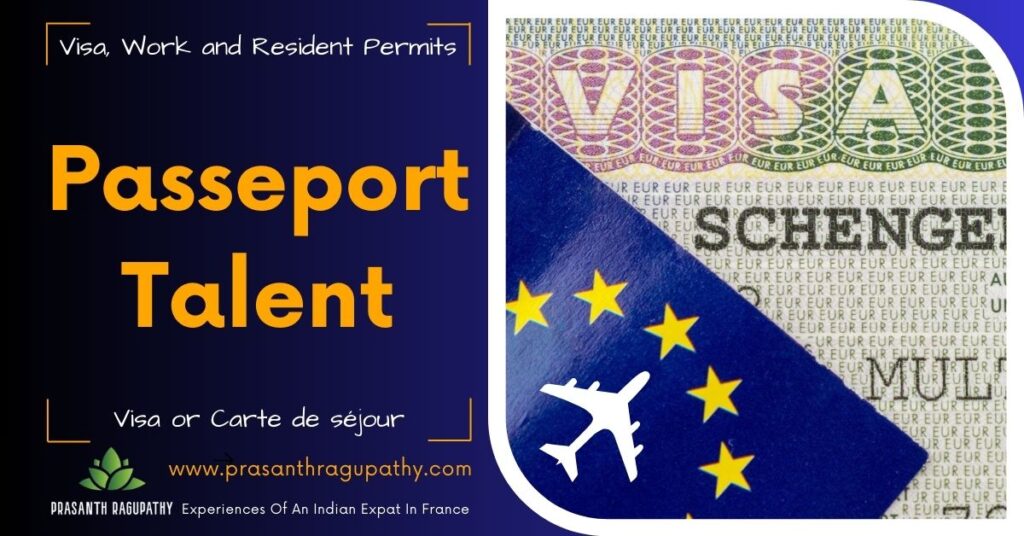Published on: December 18, 2024 | Article No: 284 | By: @rprasanth_kumar
Question: Dear Prasanth, I am currently staying in Paris with Talent Passport Family Visa. It’s validity is until December 2026. I am employed under CDI contract. Due to some marital disputes in my marriage, we have applied for a divorce. So, when the divorce is finalized, what happens to my Visa?. Can I continue to work till the end of my current visa? Do you have any suggestions?
If you’re in France on a Passeport Talent Famille visa and you’re going through a divorce, it’s natural to wonder what happens next. Let me break it down for you in a simple way.
What happens to your Visa after a Divorce?
Your Passeport Talent Famille visa or Carte de Séjour is tied to your spouse, who has the primary Passeport Talent status.
- After a divorce, your dependent visa or resident permit will no longer be valid because it was granted based on your marriage.
- But don’t worry, there are some options to stay in France if your circumstances allow it. I have explained them below.
What are your options for staying in France?
Here are a few options paths you might consider:
- If you’ve lived in France for more than three years, you’re in a good spot to apply for your own independent residence permit. This could be a Carte de Séjour Pluriannuelle or, if you’ve been here even longer, a Carte de Résident.
- If you have a job, you can switch to a work-related permit like a Carte de Séjour Salarié. However, your employer will first need to request a work permit (autorisation de travail) on your behalf online via ANEF. But if your annual salary is above 53.8k€, you can apply for a Carte de Séjour Passeport Talent Carte Bleue Européenne (EU Blue card). No work permit is required for this resident permit.
- If you have children in France, the authorities often take their stability into account. This can make it easier to get a residence permit to stay, especially if you’re actively involved in their care.
- If your divorce involves domestic violence or other serious issues, French law offers protection, and you might be able to stay under special provisions. For example: The Carte de résident de 10 ans – Victime de violences conjugales or a Carte de séjour Vie privée et familiale for reasons such as domestic violence, forced marriage, human trafficking, etc.
Some Advice
- Contact the local Préfecture and explain your situation. They can guide you on the steps to take. Please refer to How to contact the prefecture in your city?.
- Gather Your Documents: Things like proof of your address, employment, children’s school enrollment, and anything showing your integration into life in France will be helpful.
- Seek Legal help: An immigration lawyer or local organizations that help foreign residents can make this process smoother and less stressful. You can find a lawyer from Annuaire-des-avocats-de-france.
Support This Blog!
If you’ve found my articles helpful and you want to say thanks, a cup of coffee or two is very much appreciated!. Please help keep it going!


